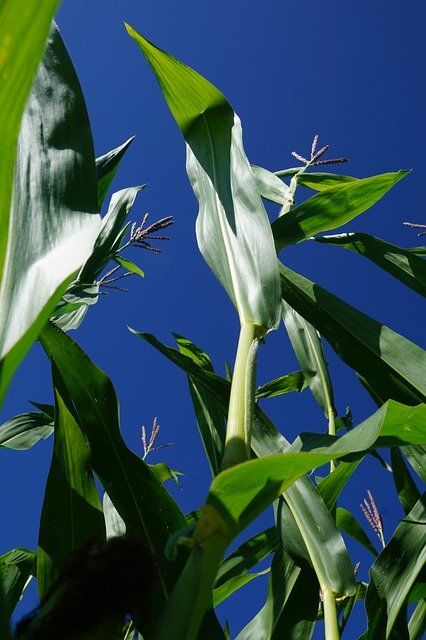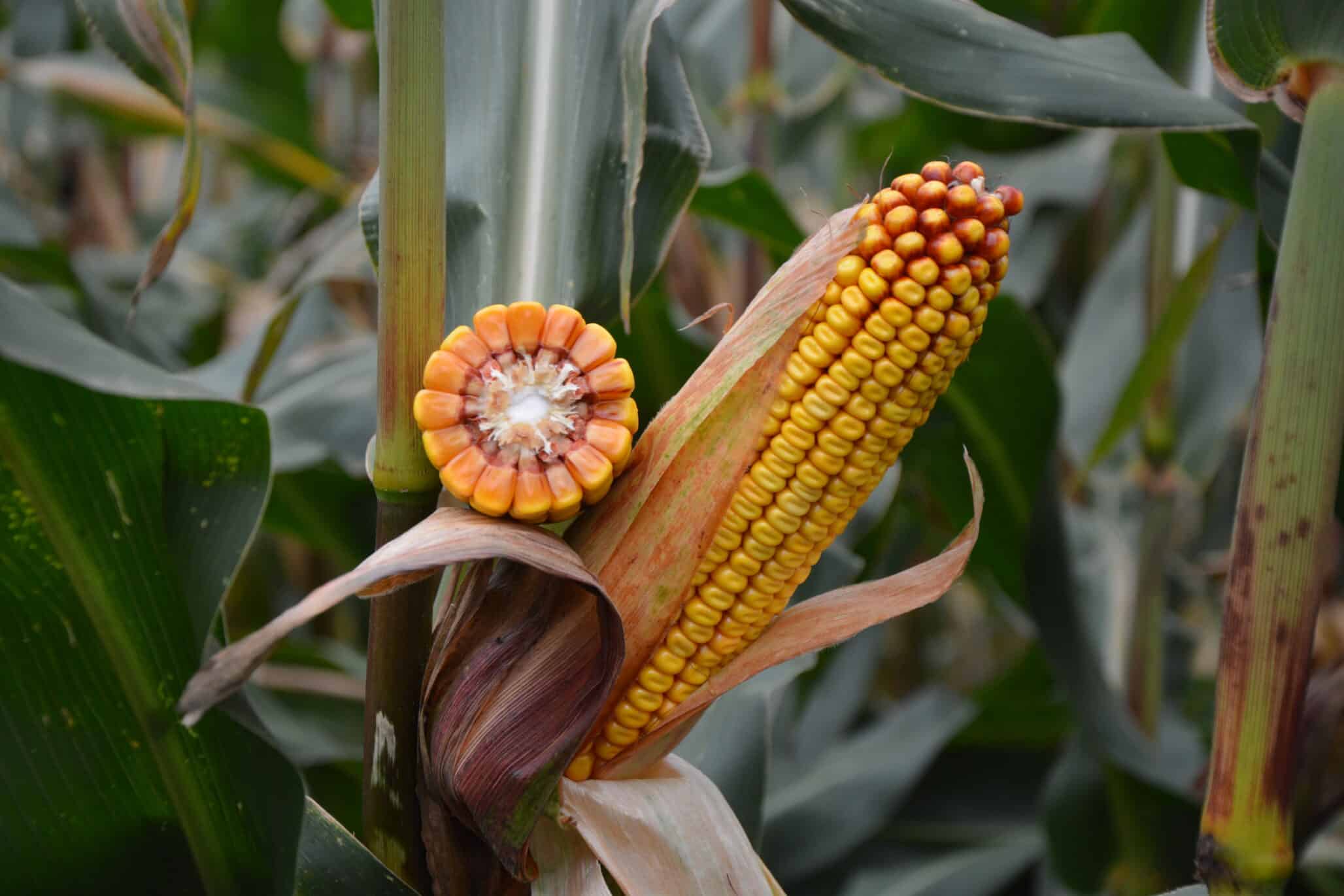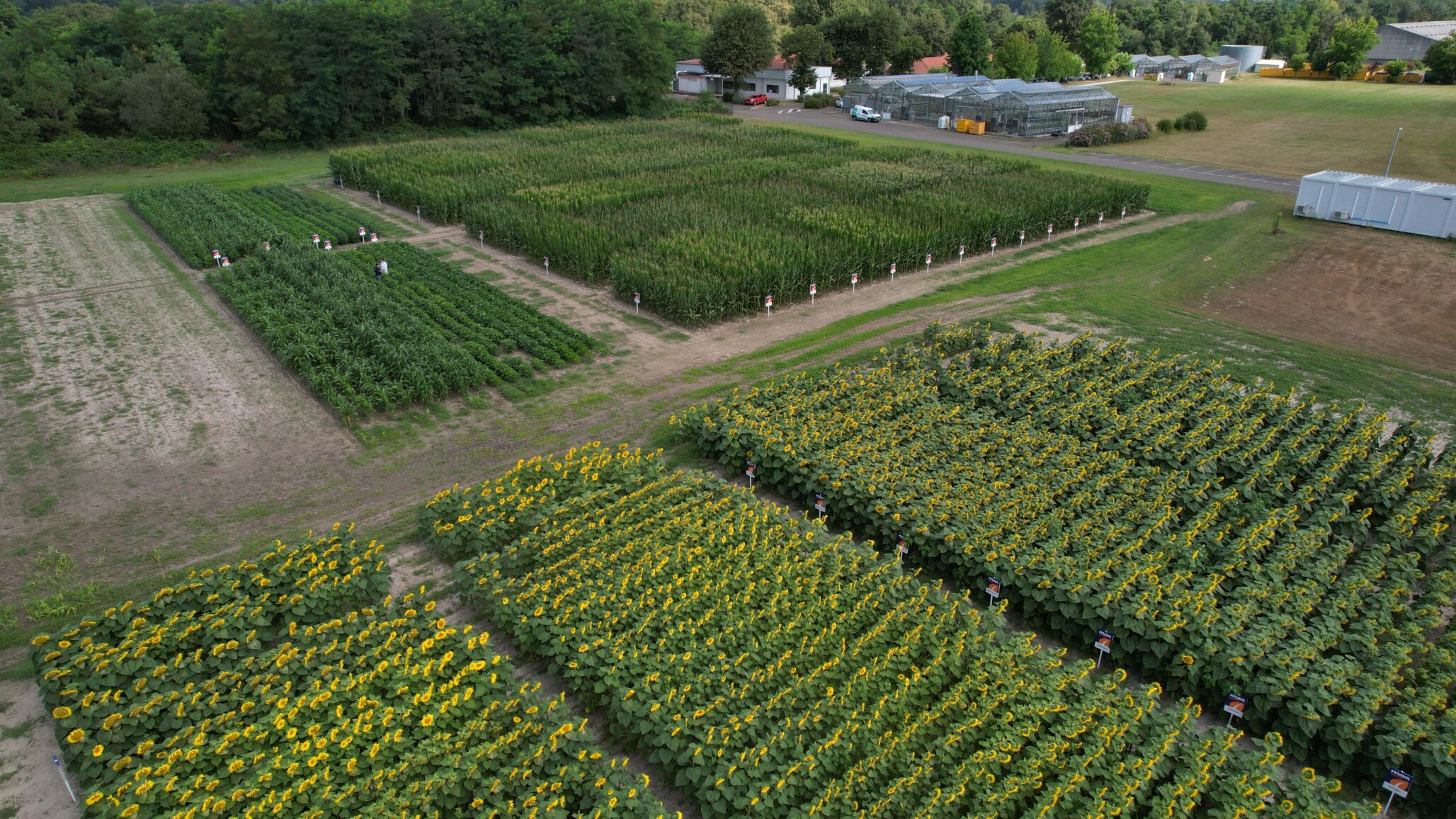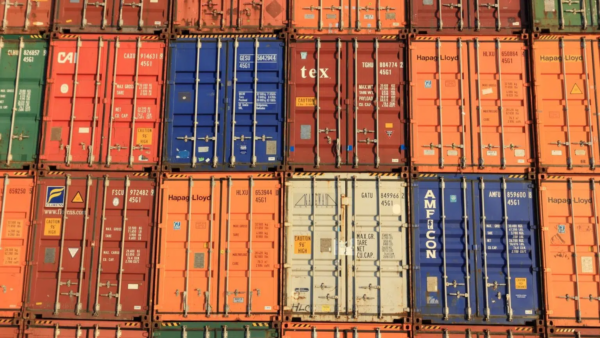Farmers are increasingly confident about the Tropical Dent maize hybrid range. Increasing numbers of producers are turning to these original genetics, discovered by Euralis Seeds. It provides high yields, stability in its results and drydown. The area dedicated to Tropical Dent in Europe has tripled in five years.
Original Genetic Material
The success story began when Euralis Seeds discovered an original lineage unknown by the breeders. Crossed with the lines already feeding the genetic flow, it provides an important heterosis effect and enhances the genetic variability. This material, exclusive to Euralis Seeds, is the breeding ground for Tropical Dent maize. To spot future champions from these combinations, hybrids are included in a large experimental network, from the early stages of the breeding programme. In Western Europe, the material most suitable for high potential conditions is clearly identified. In Eastern Europe, Ukraine and Russia, breeders concentrate on the most efficient material in low potential conditions, where water and heat stress are limitations. From the germplasm variability, hybrids are then created to combine these two abilities and offer high yields in all conditions.
Hybrids Tested Across 300 Trial Sites
After three years of testing in a research network, with a highly demanding selection process, the most interesting ones are selected to be tested in a larger network: development trials, scattered across Europe. More than 300 trials are set every year, each grouping together hybrids with the same earliness and the same destination, grain or silage. The network gathers different types of soil, with higher or lower useful water reserves, under different sowing conditions and at different dates. Some trials are located in regions with risk of drought and high temperatures, others are grown as an irrigated crop, to avoid the vagaries of the weather. While all criteria are considered when the decision is taken to market a hybrid, yield remains essential. Only one-quarter of hybrids will successfully pass this final step that lasts two to three years.
The stability of the performances is then guaranteed thanks to “Climat Profile” Euralis exclusive methodology. Euralis Seeds engineers have been working for 15 years on the construction of the ‘Climat Profile’ model, which is supplied annually with 200,000 pieces of climatic and agronomic information collected in Europe, Ukraine and Russia. “At the same trial site, conditions change from one year to the next, depending on the weather conditions or the farmer’s practices,” explains Mila Garcia, research and statistics engineer at Euralis Seeds. “The interactions between the environment and the performance of the varieties are analysed and strengthen the evaluation of the stability of our hybrids.”








